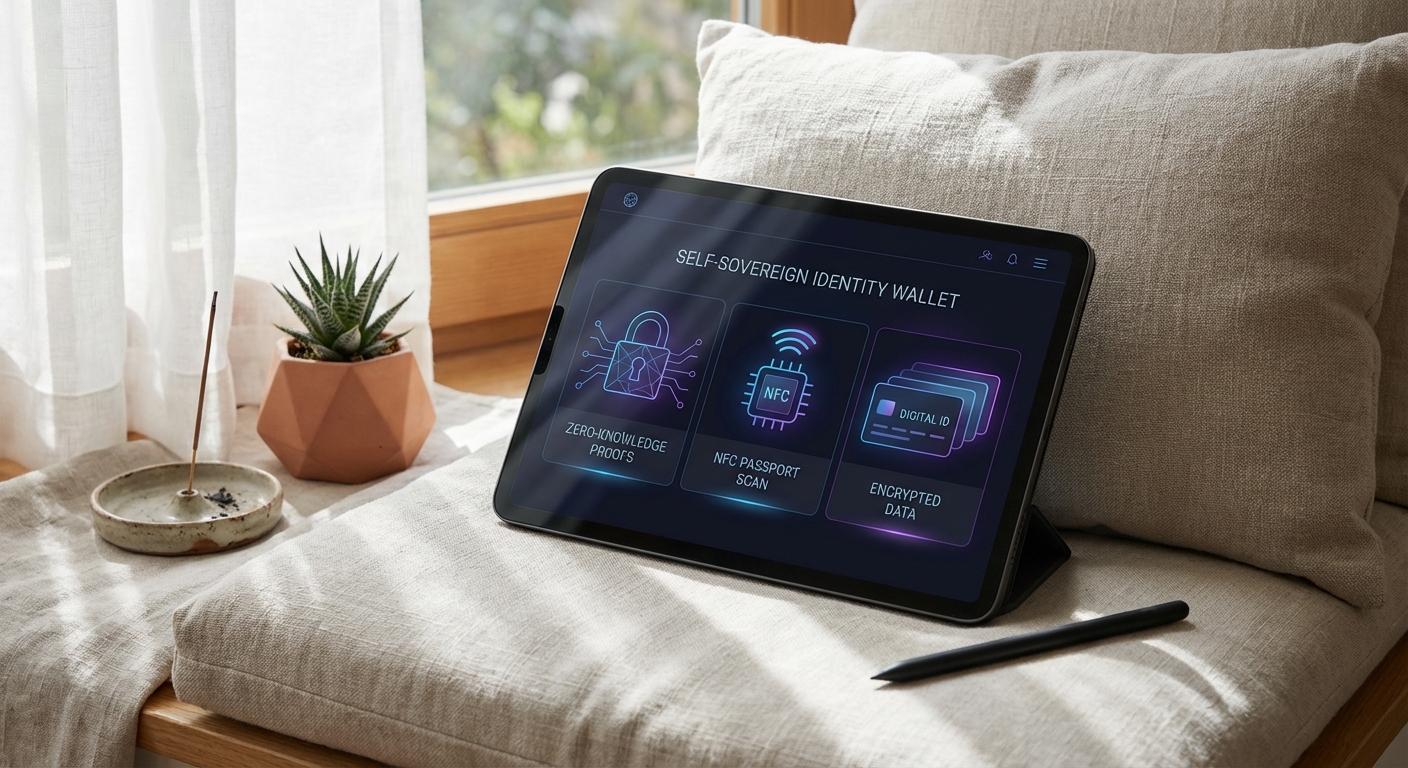
The rapid evolution of decentralized finance and blockchain applications has exposed the limitations of traditional identity verification methods. For Web3 users, the friction of repeated Know Your Customer (KYC) checks, fragmented identity storage, and privacy risks have become major pain points. The idOS Network aims to address these challenges by introducing a robust, privacy-preserving, and reusable digital identity infrastructure. This system is designed to empower individuals with self-sovereign identity, putting control of sensitive data back into users’ hands while ensuring compliance and interoperability across decentralized ecosystems.

Self-Sovereign Identity: The Foundation of Web3 Trust
At its core, the idOS Network is built around the principle of self-sovereign identity (SSI). In contrast to centralized models where third parties hold and manage identity data, SSI enables individuals to own, control, and share their personal information as they see fit. With idOS, users create digital profiles and store their credentials, ranging from basic contact details to government-issued KYC documents, in a decentralized storage network. Data is encrypted end-to-end, accessible only via the user’s private key, ensuring that neither idOS nor any node operator can access the plain data without explicit permission.
This approach aligns with stringent data protection regulations such as GDPR, offering users granular control over who can view or use their credentials. Access permissions can be granted, revoked, or time-limited, providing flexibility and security. For organizations and dApps, this model reduces the risk of data breaches and regulatory non-compliance, as sensitive information is never centralized nor exposed unnecessarily.
Reusable KYC: Streamlining Onboarding Across Platforms
One of the most significant innovations introduced by idOS is the concept of reusable KYC. Traditionally, users are forced to repeat identity verification processes for every new service, resulting in inefficiency, increased costs, and privacy fatigue. With idOS, a user completes KYC verification once through a trusted provider such as Fractal ID. The resulting credentials are encrypted and stored within the idOS network as W3C Verifiable Credentials.
When onboarding to a new dApp or platform, users can simply grant access to their existing credentials. This eliminates redundant checks and accelerates the user journey, while also reducing the operational burden on service providers. Importantly, users retain full control over which pieces of information are shared and with whom. This selective disclosure is a critical advancement for privacy-preserving digital ID in the Web3 ecosystem.
Key Benefits of Reusable KYC with idOS
-
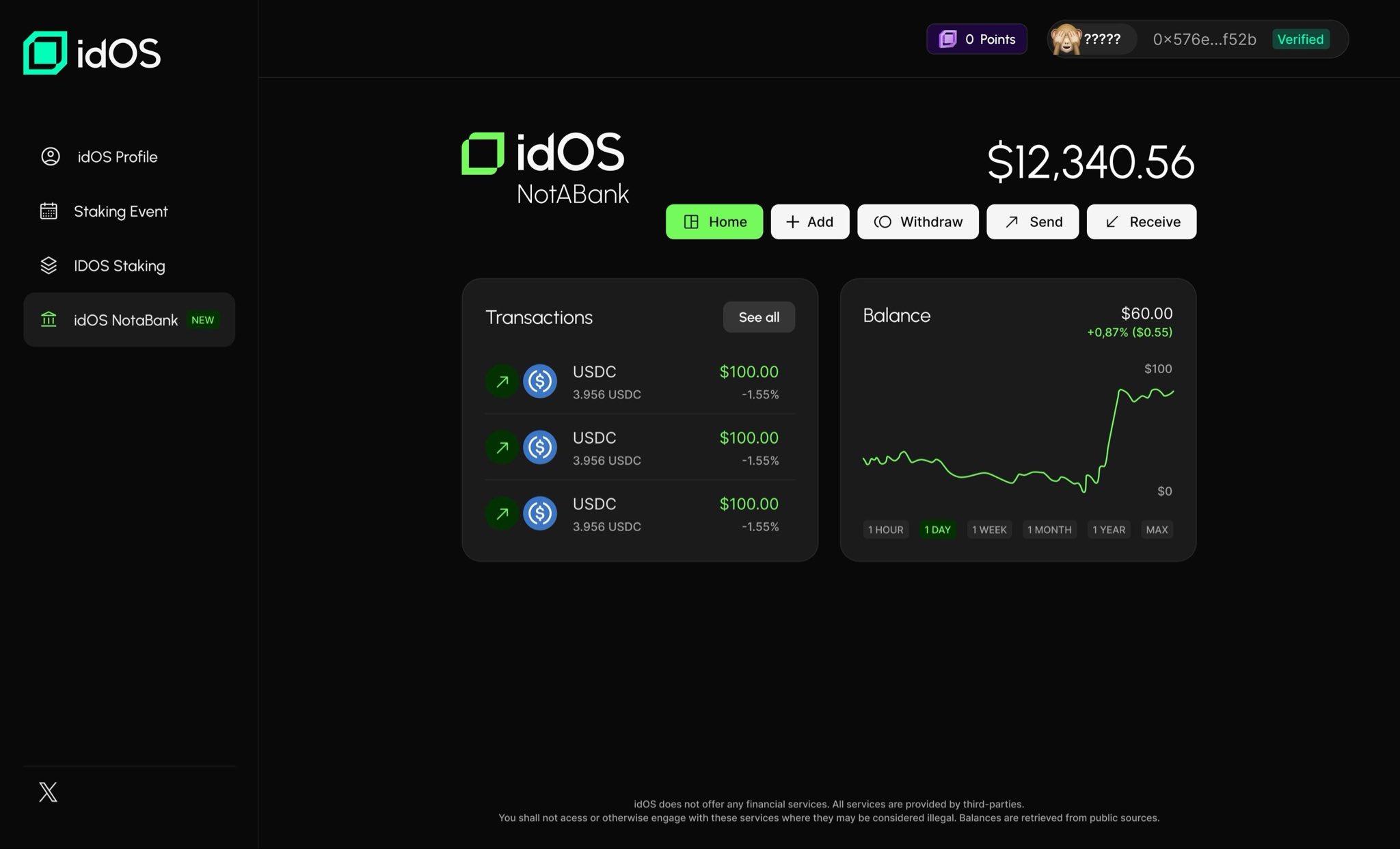
Self-Sovereign Control: Users retain full ownership and management of their identity data, granting or revoking access to dApps as needed, without reliance on centralized authorities.
-
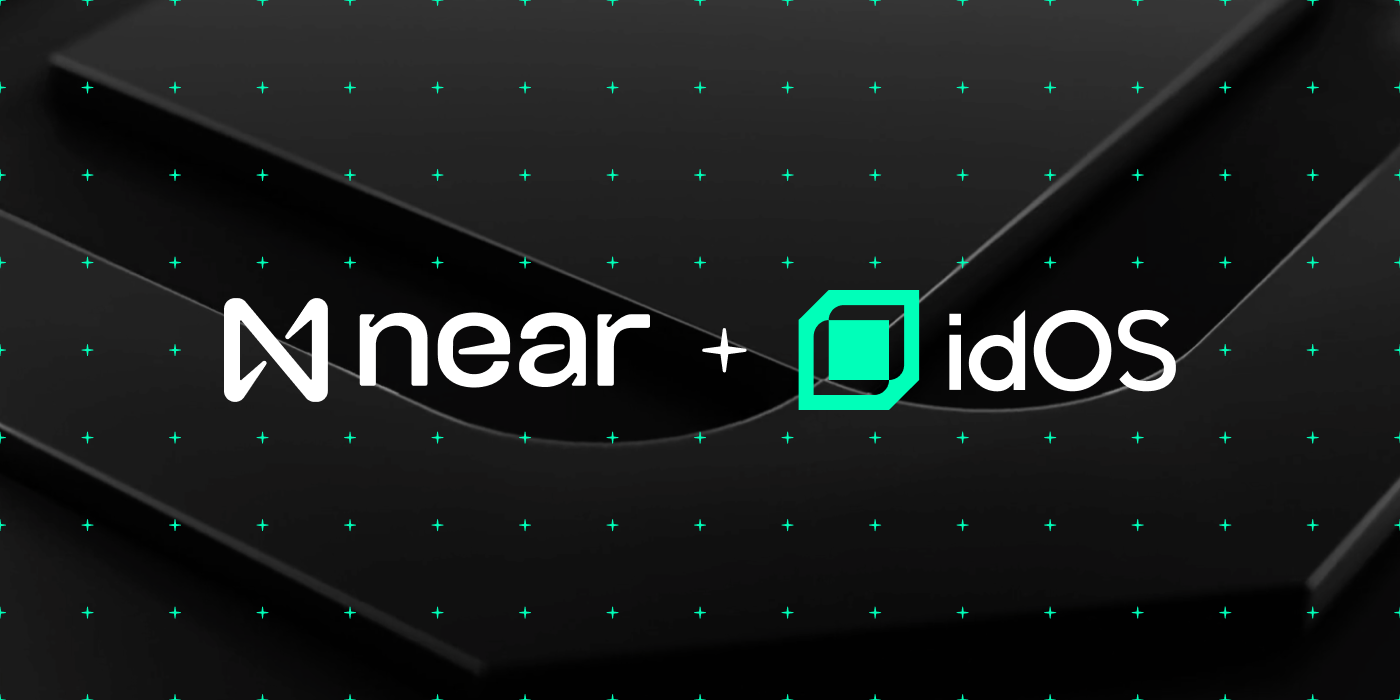
Streamlined Onboarding: Complete KYC verification once and reuse credentials across multiple dApps, eliminating redundant verification processes and accelerating user onboarding.
-
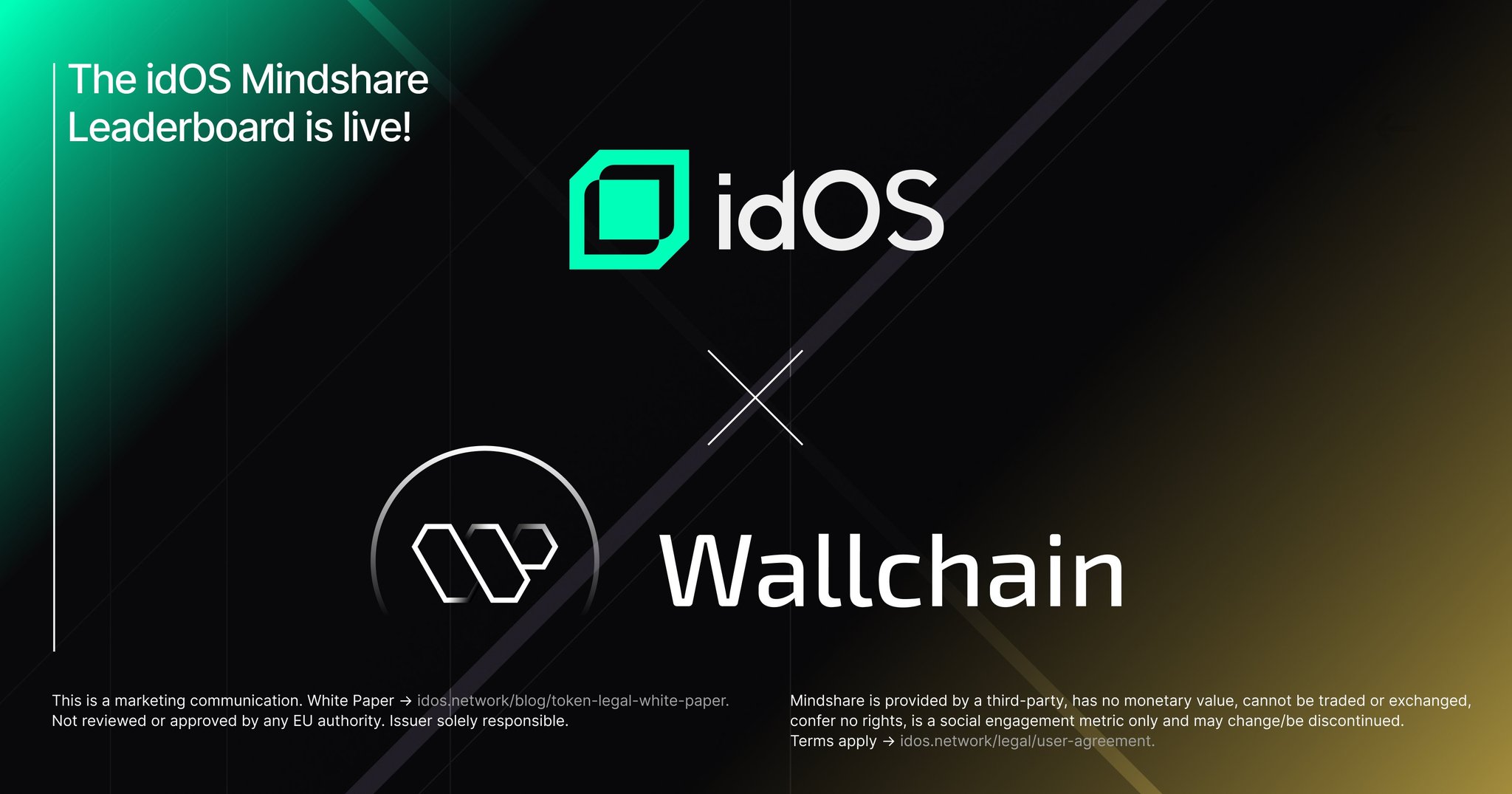
Enhanced Privacy and Security: Personal data is encrypted end-to-end and stored in a decentralized network, ensuring user privacy and reducing the risk of centralized data breaches.
-
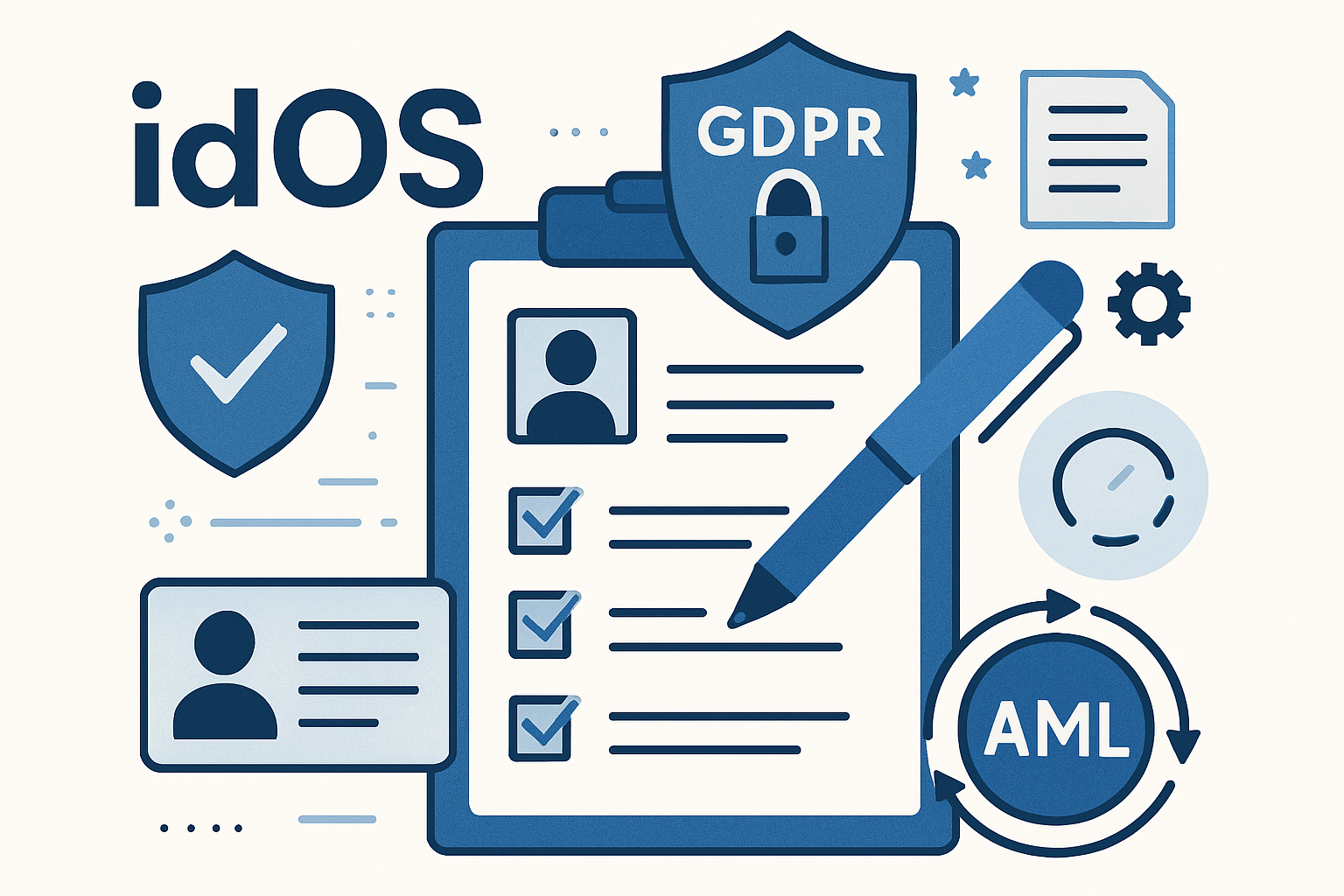
Regulatory Compliance: idOS is designed to comply with major data protection frameworks like GDPR and AML, supporting secure and lawful identity management for both users and dApps.
-
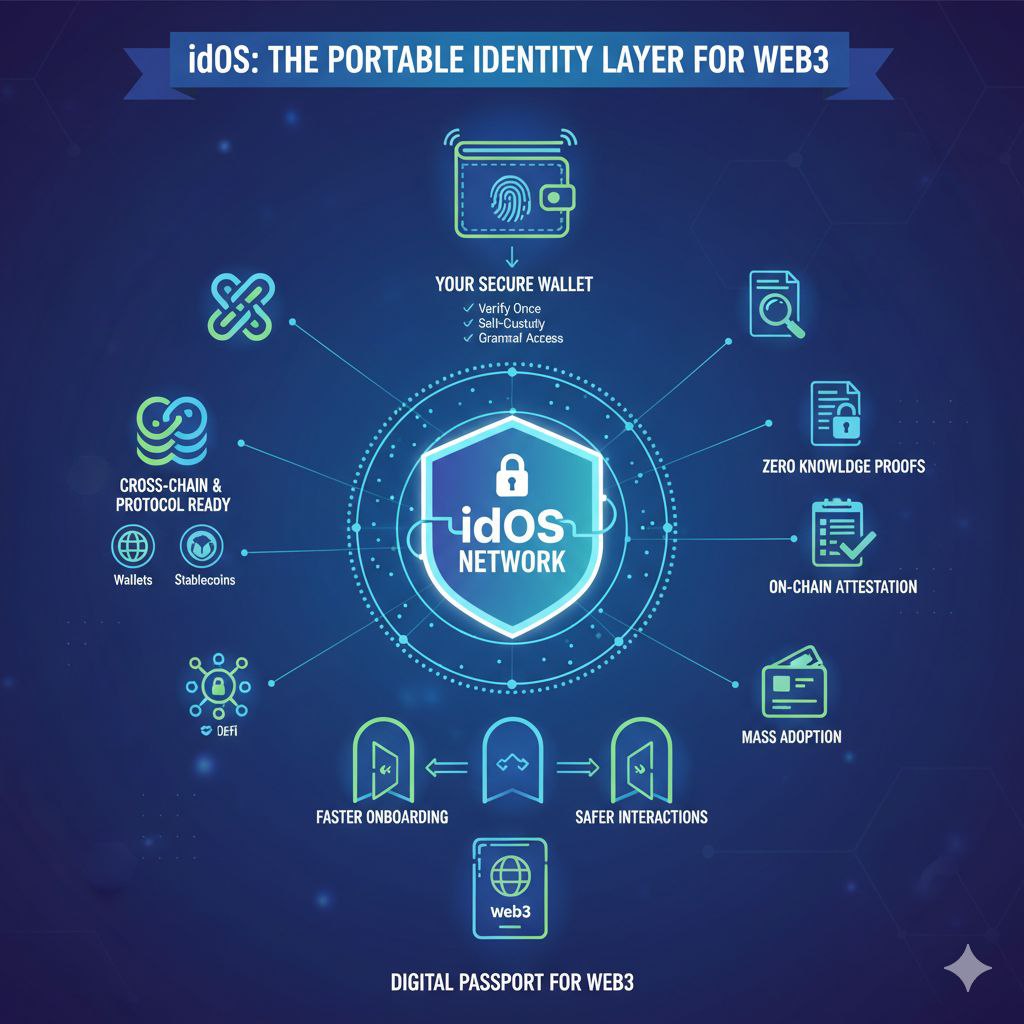
Interoperability Across Blockchains: As a chain-agnostic protocol, idOS enables identity data and KYC credentials to be used seamlessly across various blockchain ecosystems and dApps.
Decentralized Storage and Access Management
The security and portability of user data on idOS are underpinned by its decentralized storage architecture. Node operators host encrypted user data, but only the user’s private key can decrypt and authorize access. Through a sophisticated access management protocol, users can define which dApps or organizations are permitted to view specific credentials, and even set time-based access restrictions. This system not only enhances privacy but also ensures robust compliance with global regulatory standards.
Furthermore, idOS is designed to be chain-agnostic and composable, supporting interoperability across multiple blockchain networks. This flexibility allows identity credentials to be utilized seamlessly in diverse Web3 environments, from DeFi platforms to NFT marketplaces and beyond. As a result, idOS is positioned as the backbone for the next generation of portable, privacy-preserving digital identity solutions.
Compliance is a critical consideration for any identity protocol, and idOS Network addresses this through rigorous alignment with global data protection frameworks such as GDPR and AML obligations. By allowing users to control access to their data and supporting mechanisms like Passporting and Data Ingestion, idOS minimizes the risks associated with data duplication and cross-border regulatory challenges. This approach not only protects end-users but also streamlines compliance for dApps and organizations seeking to onboard users from multiple jurisdictions.
Importantly, idOS’s architecture is chain-agnostic, enabling integration with a variety of existing decentralized identity wallets and platforms. This composability ensures that users are not locked into a single ecosystem and can leverage their portable digital credentials across an ever-expanding landscape of Web3 services. As the market continues to mature, interoperability will be vital for the adoption of privacy-preserving digital ID solutions.
Zero-Knowledge Proofs and Enhanced Privacy
idOS Network is also positioned to integrate advanced privacy technologies, including zero-knowledge proofs (ZKPs). ZKPs enable users to prove certain attributes about their identity, such as age or residency, without revealing the underlying data itself. This capability is especially relevant for decentralized finance and gaming platforms that require regulatory compliance without compromising user privacy. As ZKPs become more widely adopted in identity protocols, idOS’s flexible infrastructure will be well-suited to support these privacy-preserving features.
The Future of Decentralized Identity: Opportunities and Risks
While the promise of self-sovereign identity and reusable KYC is compelling, it is essential to remain vigilant about the risks. Decentralized storage reduces the attack surface compared to centralized honeypots, but the security of user-controlled private keys becomes paramount. Users and organizations must adopt best practices for key management, and ongoing education will be crucial as adoption grows. Additionally, market participants should closely monitor the evolving regulatory landscape to ensure continued compliance as standards shift.
Key Considerations for Adopting Decentralized Identity Wallets
-
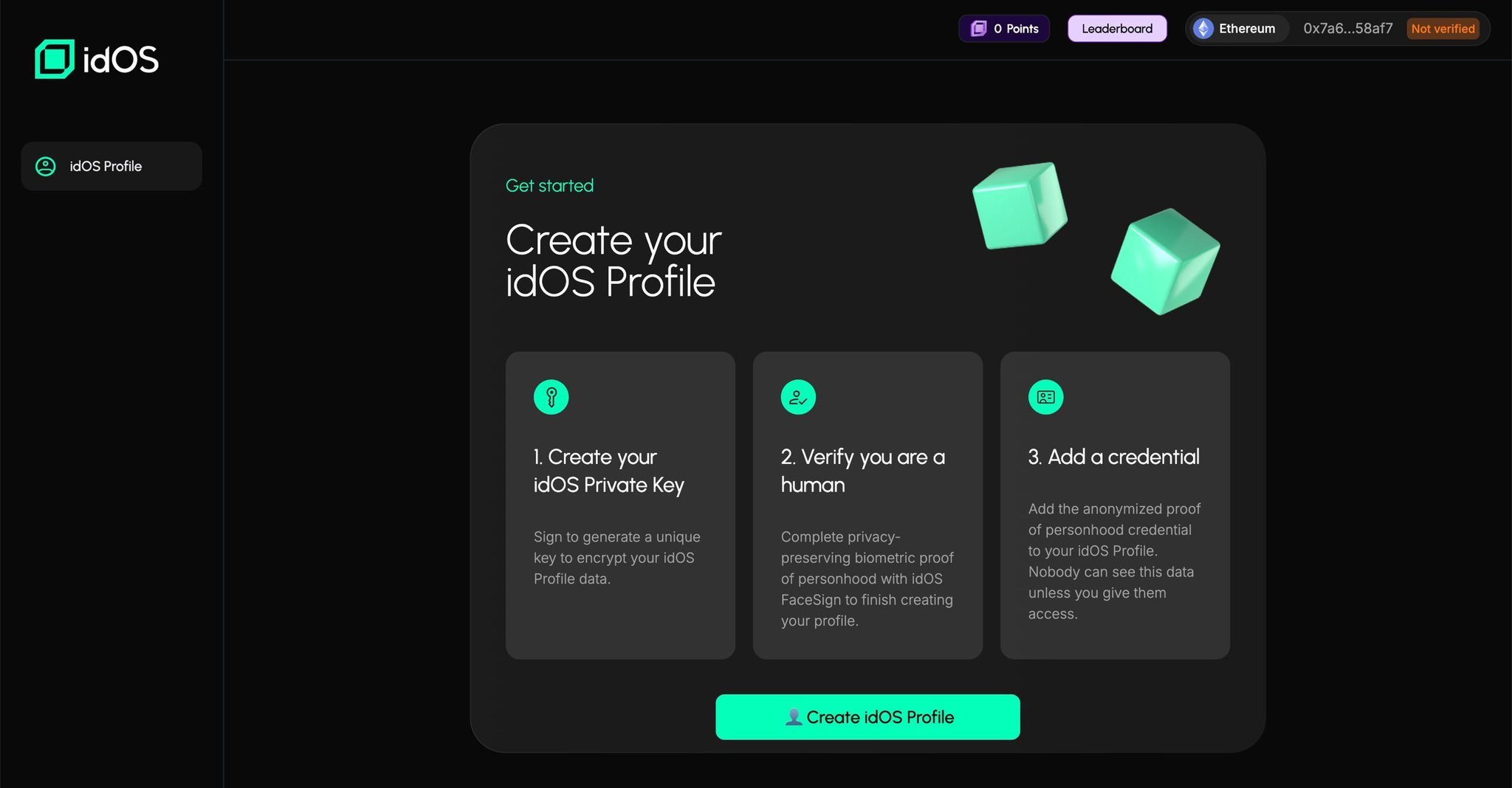
Data Sovereignty and User Control: Ensure the solution enables self-sovereign identity, allowing users to own, manage, and grant access to their encrypted personal data without centralized intermediaries. This is a core feature of idOS Network.
-
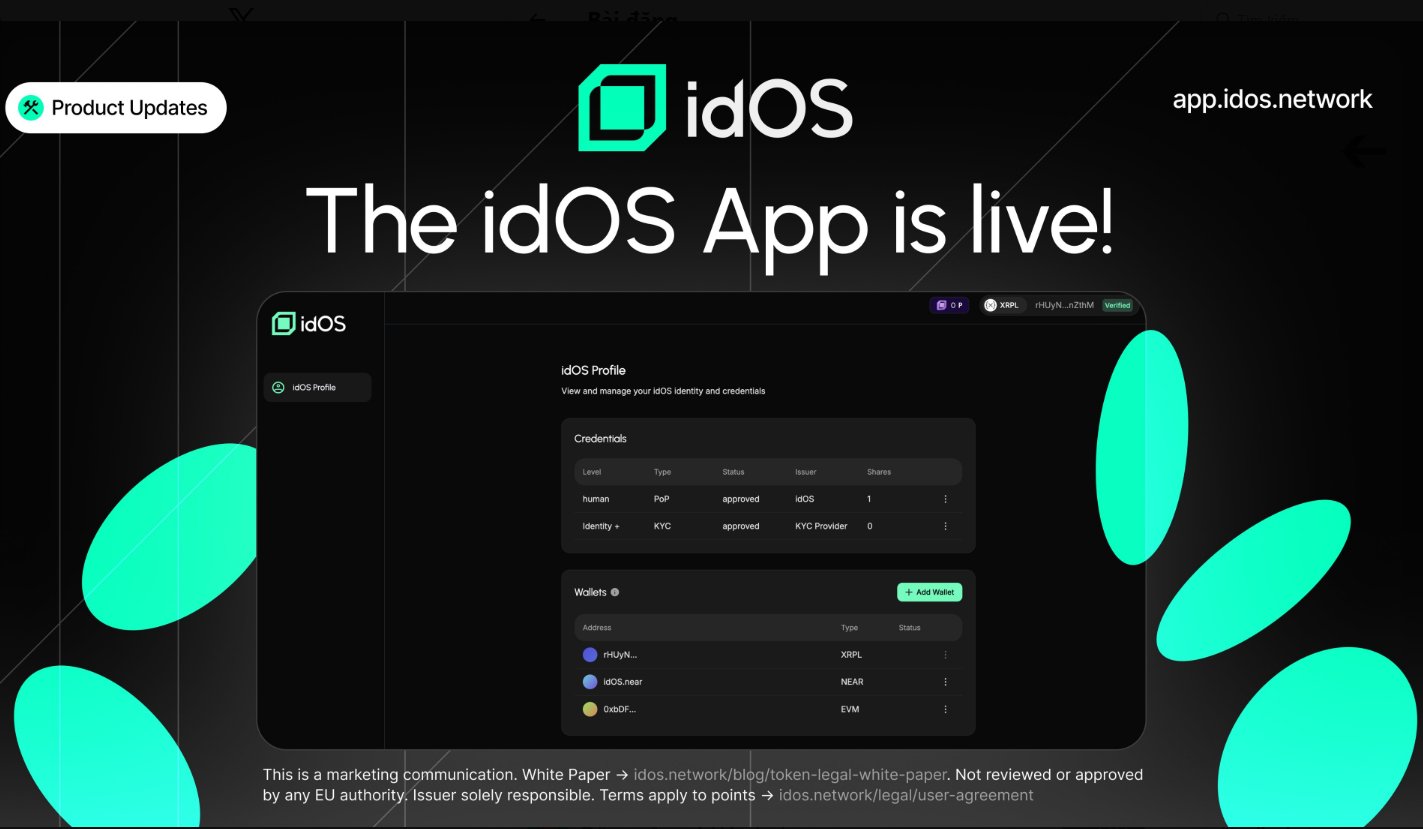
Regulatory Compliance: Verify that the platform aligns with major data protection and financial regulations such as GDPR and AML. idOS is designed to meet these requirements, supporting compliant KYC processes and data privacy.
-
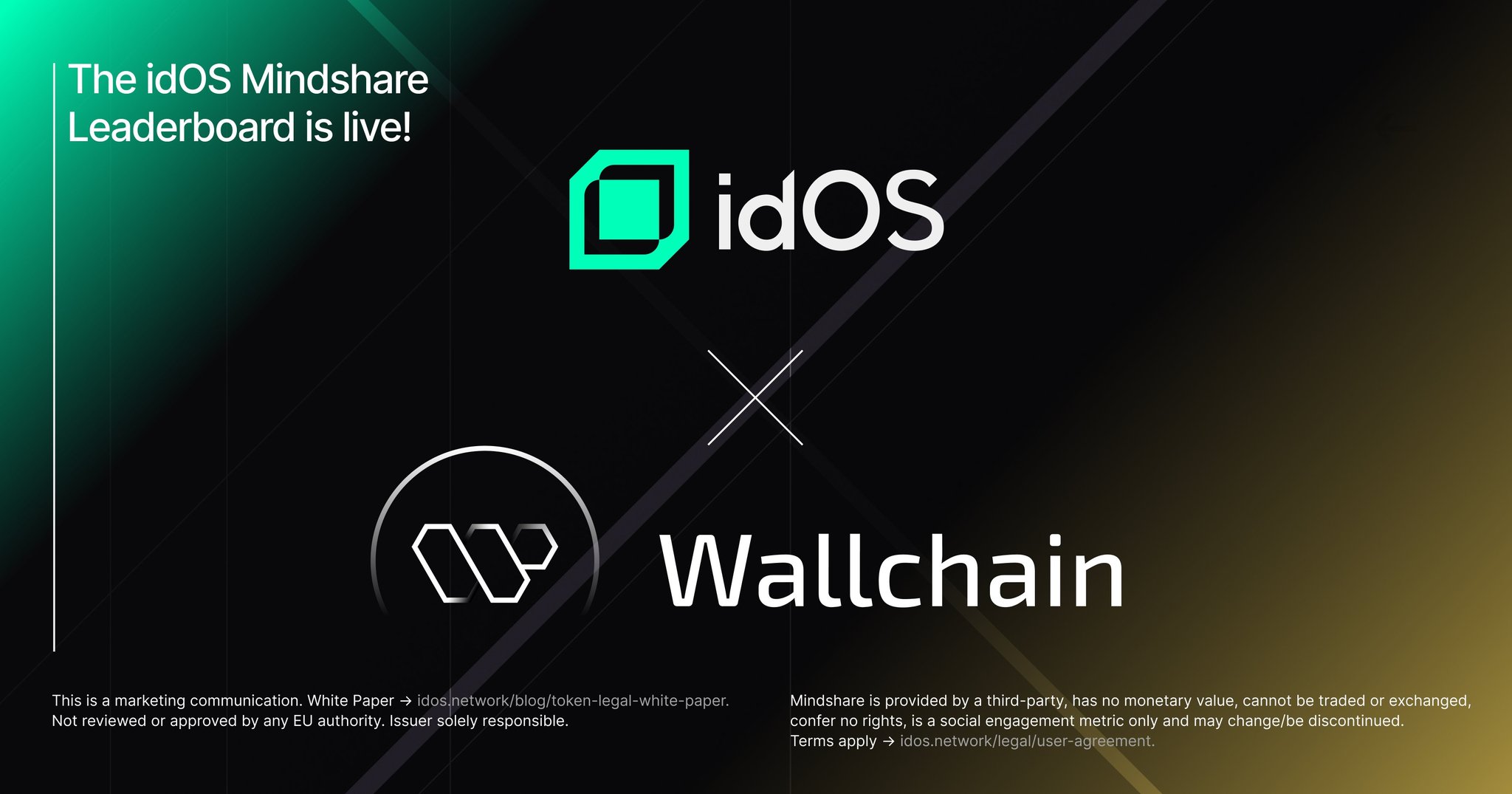
Interoperability and Chain-Agnostic Design: Assess whether the wallet is chain-agnostic and can integrate with various blockchains and identity frameworks. idOS offers composability and interoperability across decentralized ecosystems.
-
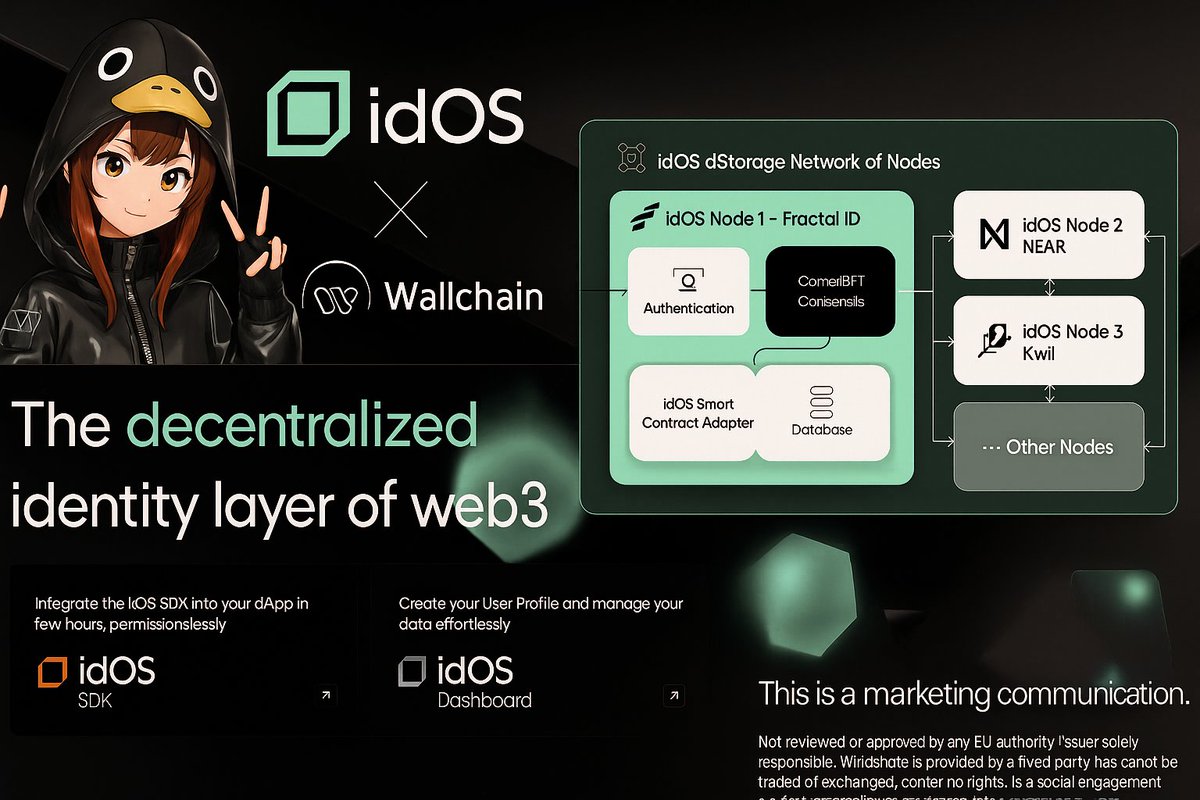
Reusable KYC Credentials: Evaluate the ability to reuse KYC credentials across multiple dApps and platforms. With idOS, once a user completes KYC through providers like Fractal ID, credentials can be securely shared and reused, streamlining onboarding.
-
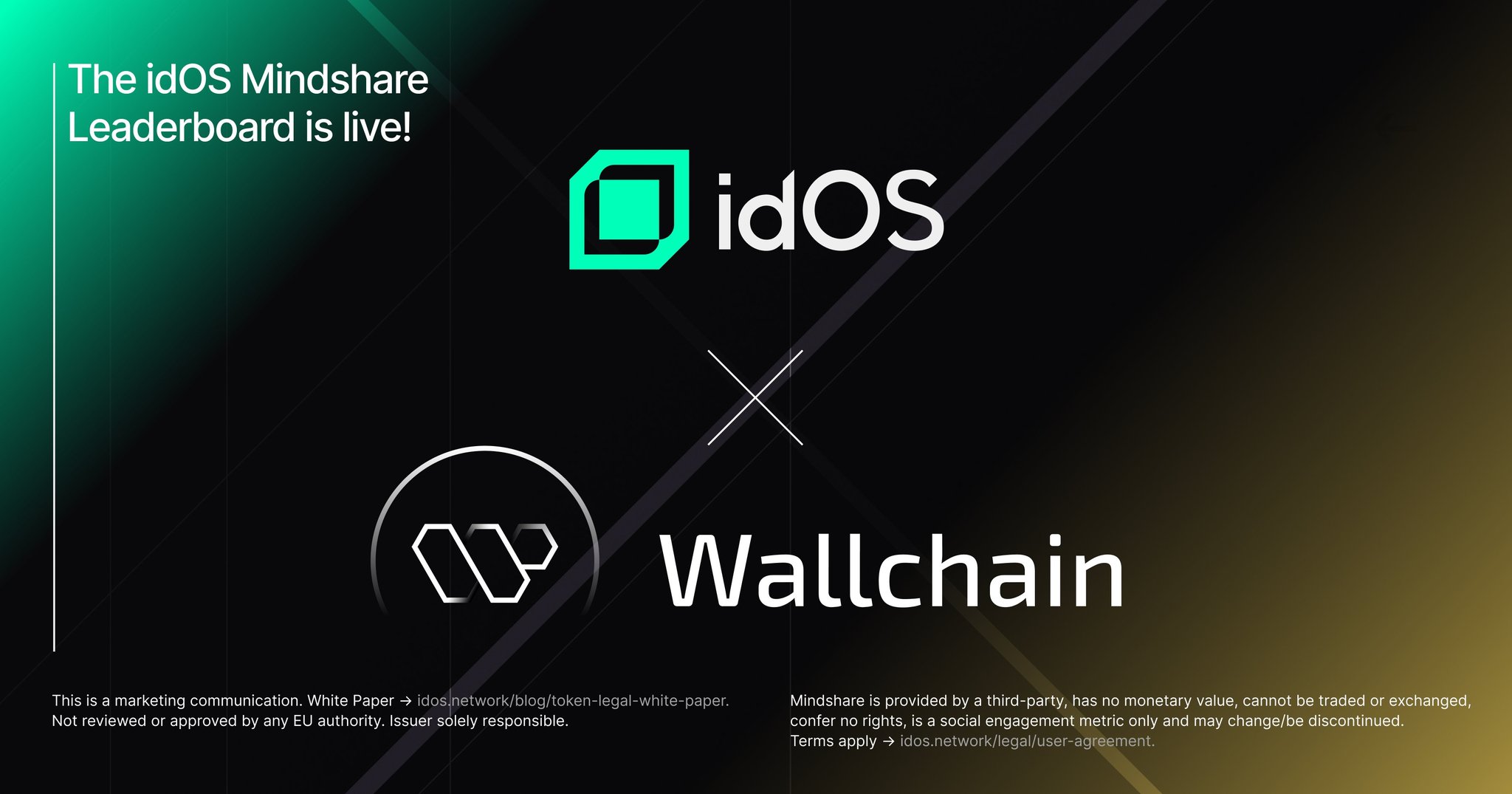
Decentralized Storage and Security: Confirm that user data is encrypted end-to-end and stored on a decentralized network managed by independent node operators, as implemented by idOS. Users should control access permissions and be able to grant or revoke data access at any time.
-
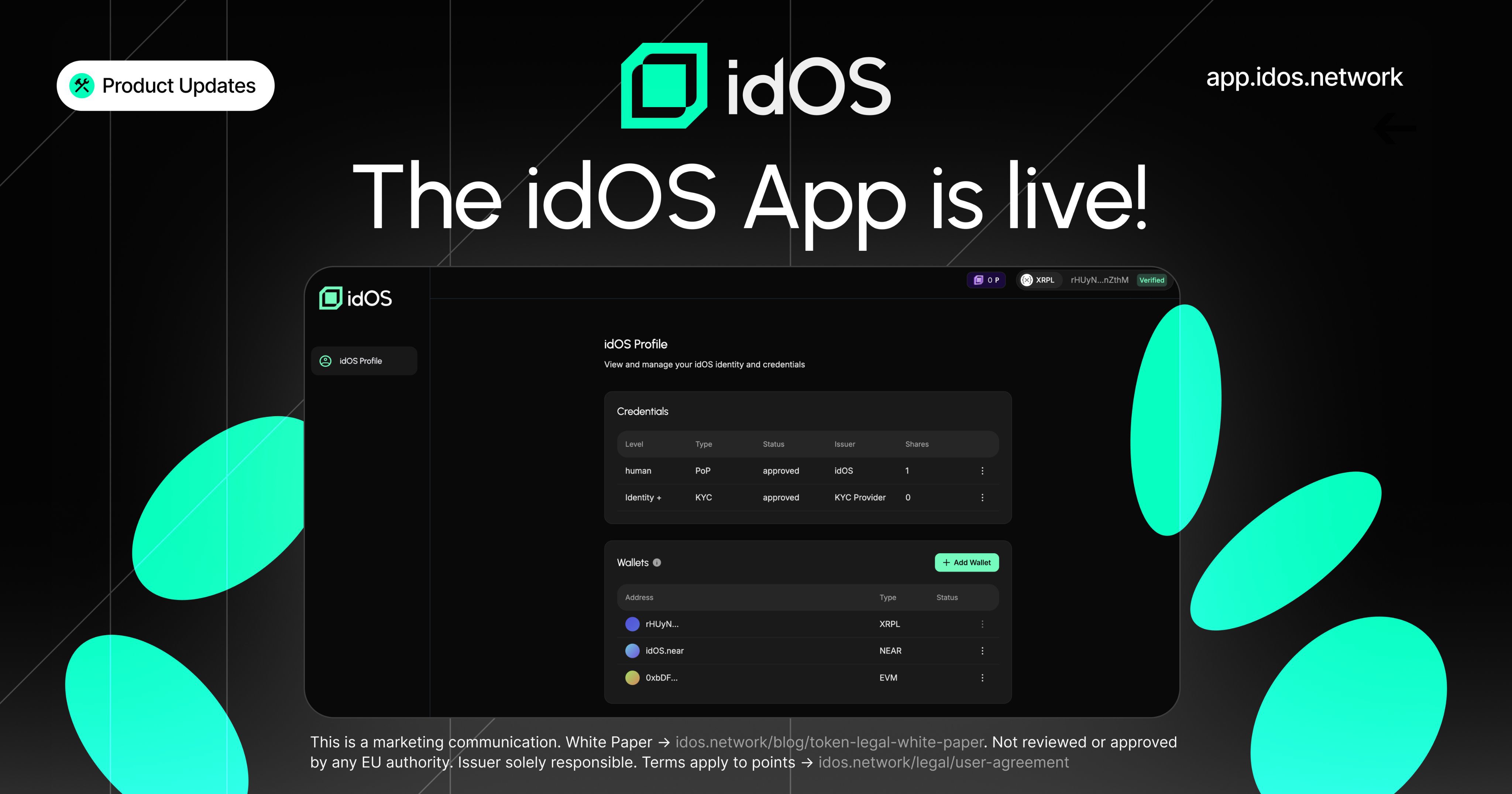
Access Management Protocols: The platform should provide robust access management tools, enabling users to define, limit, and audit who accesses their data, including features like time-locked grants. idOS offers such granular permission controls.
For Web3 users, the benefits are clear: greater privacy, reduced onboarding friction, and control over one’s digital presence. For enterprises and dApps, reusable KYC offers operational efficiency and lower compliance risk. The idOS Network’s open-source ethos and chain-agnostic design position it as a foundational layer for the next era of secure, user-centric identity in the decentralized web.
To explore practical implementation strategies or dive deeper into how idOS enables self-sovereign identity across chains, see our dedicated resource: How idOS Network Enables Reusable KYC with Self-Sovereign Identity Across Web3 Chains.





